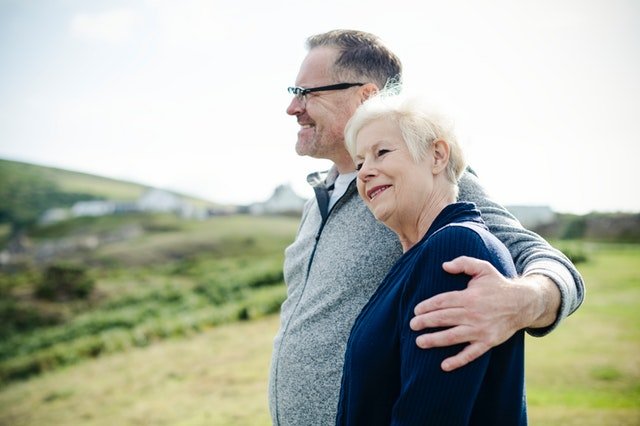Age Is A Number

Forever young
I want to be forever young
Do you really want to live forever?
Forever, and ever
So goes the chorus of the once popular song entitled Forever Young by the band Alphaville. The tune is catchy and the lyrics especially relevant for those of us mature enough to realize we are indeed getting old.
We have all heard the phrase – “Age is just a number!” Just a few days ago, I overheard a receptionist of a real estate brokerage make the remark to a fellow colleague. I assumed she was attempting to make the man who was was much older than her feel better about himself.
I can appreciate the sentiment behind these words. Age should be of less importance than how we feel inside. Yet what if you found out that your age affects how you feel? I would like to share with you a fascinating study that will revolutionize the way you look at your age.
In her 2009 book, Counterclockwise: Mindful Health and the Power of Possibility, Ellen Langer shares a breakthrough experiment she conducted in 1979. She invited a group of 75 year old men to a week long retreat where they could not bring anything with them dated after 1959. The participants were to pretend that it was the year 1959 and to act as if they were 55 years old, twenty years younger than they were. To reenact that time in their lives they had to dress and act as they did at that time. They even wore ID badges with pictures taken from the 1950s. The entire setting of the retreat was transformed to reinforce the year 1959 as copies of magazines and newspapers were only made available from that time of year.
What was the result of this experiment? Most of the men showed improvements in short term memory, intelligence, posture, perception, flexibility and physical strength. On average they appeared 3 years younger and their eyesight improved by almost 10 percent. It is especially remarkable that this all all happened within 7 days of convincing themselves they were 20 years younger than they actually were! This goes to show that Age is a number and that we should all pick that number carefully.
Ellen Langer’s study proves that the way we perceive age has a tremendous influence over the actual physical aging process. Thousands of years ago, an Indian sage named Shankara claimed: ” People grow old and die because they see others grow old and die.” This is a rather extreme statement as it implies both aging and dying is a consequence of some limitation in our thinking. Although that is unlikely since we all die eventually, we have clearly associated our age as a number with objective realities that can be challenged as Langer has successfully demonstrated.
I love this experiment because the results force us to reconsider so much of what we have been taught about aging. Still, I wonder why we are so against getting old. Is it really normal for us to wish we could stay young forever? Or is this the consequence of living in a culture that denies both aging and dying? From personal experience I sense that much of my perception is distorted by a lack of dialogue around what it means to be mortal.
Where are the wise elders who can show us through example how we may age with grace and dignity? Few question this seemingly universal desire to stay young forever. Most of us just want it without questioning why.
Unfortunately there are plenty of individuals and organizations seeking to profit from such vulnerability with respect to aging. Anti-aging has become a buzz word in the beauty and cosmetic industries. Reality television series like Extreme Makeover, Botched and Dr. 90210 illustrate the extent many people will go to achieve the glamour of looking younger and sexier.
It seems as if every few months we hear of another health tip that will add years to our lives. Superfoods are supposed to keep us younger. We are told that items like kale, goji berries, Brazilian nuts, chia and flax seeds will slow down Father Time. As an advocate of healthier living, I eat them myself. Yet I am always interested in what drives us to do what we do. It is the underlying motivation behind our actions that sets the stage for how we feel about ourselves.
What is behind our urge to live longer? Are we running away from something that terrifies us. I suspect we are.

